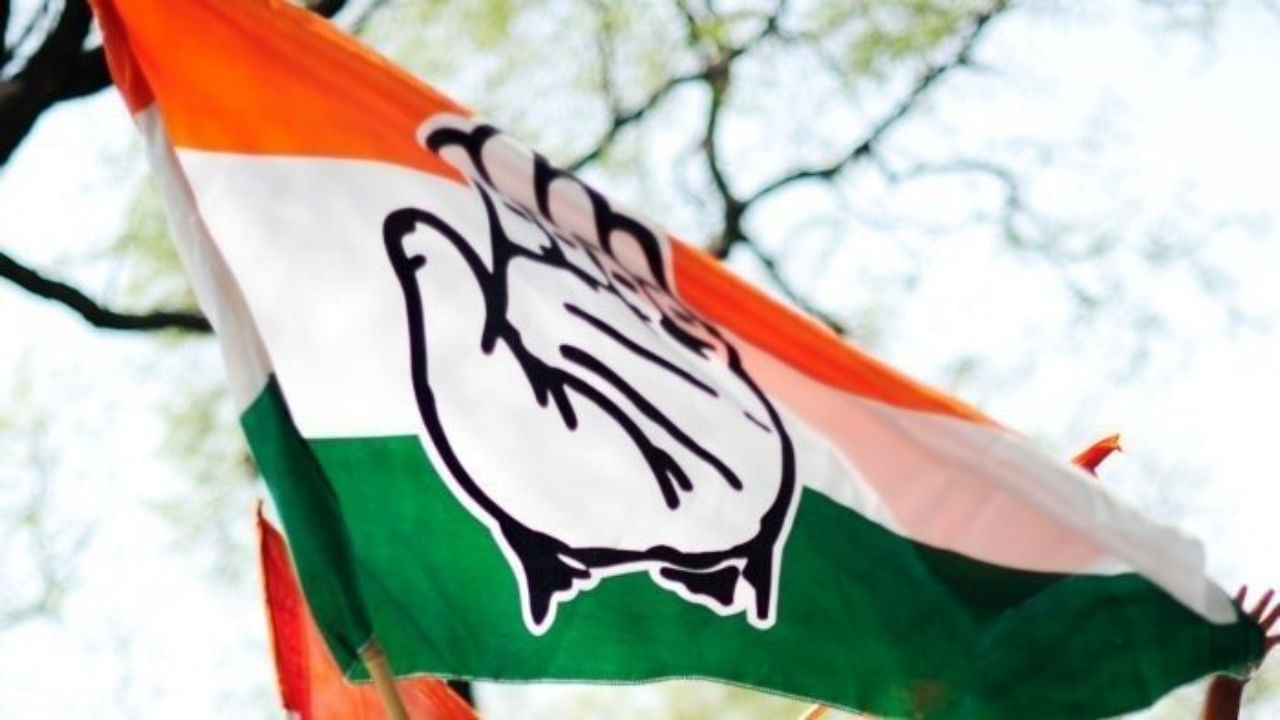
Congress Central Election Authority Chairman Madhusudhan Mistry's reply to five party leaders on electoral rolls for the presidential polls has given a shot in the arm for the 'dissident' leaders, as they now believe that they have sent a message to the leadership that they cannot be pushed into submission.
Though they are not very hopeful of the results in case of a contest against the official candidate, the G-23 leaders or change-seekers feel that the relentless public posturing through tweets, individual and joint letters on electoral rolls has forced a public articulation on the issue.
Sources said the leadership wanted a quick response to the demands, as any delay could give an opportunity to the opponents within and outside the party to delegitimise the election process. They were of the view that the ‘dissidents’ were creating an issue out of nothing, as Mistry had already made the process clear. After Shashi Tharoor, who intends to fight the polls, Manish Tewari, Karti Chidambaram, Pradyut Bordoloi and Abdul Khaleeque, Mistry made it clear in a letter to them that prospective candidates can check state-specific voter’s list in concerned states and if one wants to check all states, they could do it from September 20 at AICC headquarters.
Tewari, who was the first to raise the issue, tweeted on Sunday saying that it was “heartening to note that he has taken on board/even appreciated the objective of our individual and collective exhortations” to Mistry. He said his concern has always been integrity of process not personal aspirations of any individual “much less mine”.Tharoor said he was pleased that this clarification had come in the form of a “constructive reply” and that he was satisfied.
“Many will be glad to move on with an election process that in my view will only strengthen the party,” he said. While Karti was “satisfied” with Mistry’s reply, Bordoloi welcomed the letter as he emphasised, “as someone who has grown with the Congress party, I only desire that the party grows from strength to strength keeping up the best democratic practice always. Raising questions is not to be seen as a revolt, as it makes internal democracy vibrant."
However, he added, public violation of discipline is harmful for any organisation.
